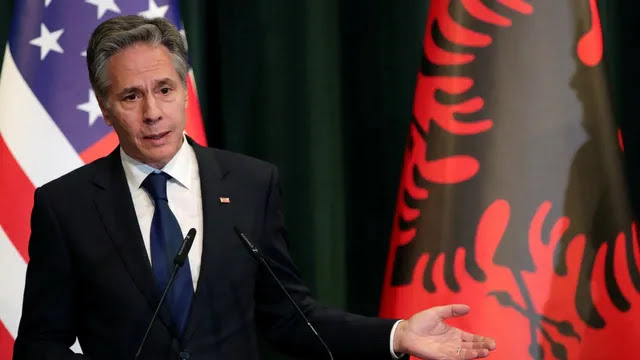Due to the necessity for further software tests, Russia has postponed the launch of its first Internet of Things “Marathon” satellite, the country’s space enterprise Roscosmos said on Friday, according to the TASS state news agency.
“The launch of the first Marathon-IoT demonstration space apparatus has been postponed for the purpose of additional software checks, as well as clarifying the program of additional research,” Roscosmos said.
Understanding the Impact
The Marathon-IoT satellite stands as a cornerstone in Russia’s ambitious plan to establish a robust cluster of satellites dedicated to the Internet of Things. This technological leap forward aims to enable unprecedented levels of data exchange across a myriad of devices globally, revolutionizing industries from agriculture to urban planning, and beyond. The postponement, therefore, raises questions not only about the immediate future of Russia’s IoT ambitions but also about the broader implications for global connectivity and technological advancement.
Behind the Scenes of the Postponement
Delving deeper into the reasons behind this delay, Roscosmos’s decision underscores the intricate challenges of space missions. Software, the invisible yet fundamental backbone of satellite technology, requires rigorous testing to ensure reliability in the harsh conditions of space. Additionally, the clarification of the research program points to a meticulous approach in defining the satellite’s objectives, ensuring that once launched, Marathon-IoT can effectively contribute to the ever-expanding IoT universe. This careful preparation highlights the complex dance of innovation and prudence that defines space exploration.
Looking to the Future
Despite the setback, the vision for Marathon-IoT and the broader cluster of satellites dedicated to the Internet of Things remains undimmed. The delay, while significant, is a reminder of the meticulous attention to detail required in the frontier of space technology. As Roscosmos works through these challenges, the global community watches with bated breath, anticipating the advancements that Marathon-IoT will bring to the table. The potential for transformative change in how we connect, communicate, and interact with the world around us hangs in the balance, awaiting the moment when Russia’s first IoT satellite finally takes to the skies.
In conclusion, the postponement of the Marathon-IoT satellite launch is a pivotal moment in the journey towards a more interconnected world. While the delay may seem like a step back, it is, in essence, a testament to the careful and deliberate strides being taken in the realm of space exploration and technology. The anticipation for the eventual launch only grows stronger, as does the promise of what this step forward means for the future of global connectivity and the Internet of Things.





